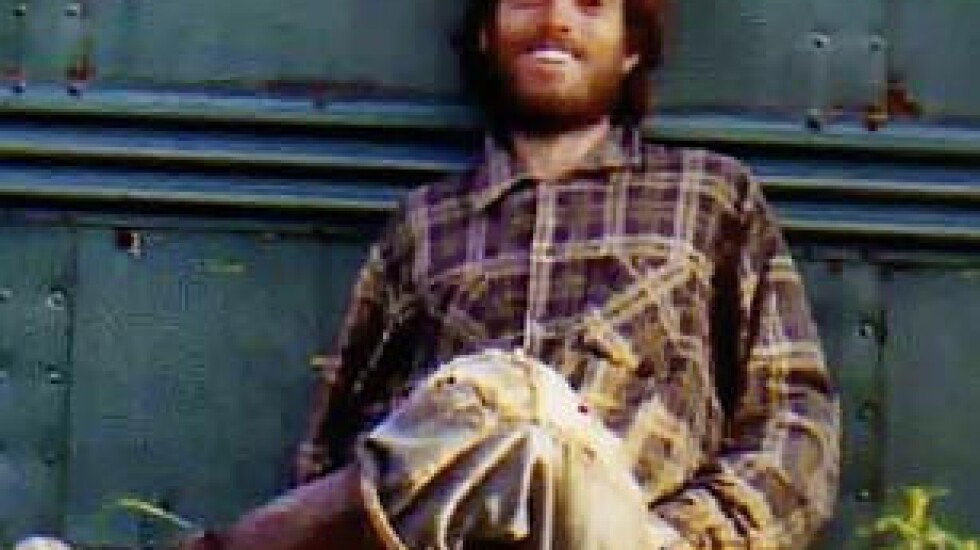
Our youngest son was listening to a podcast, nothing unusual for an 18-year-old. Then I realized it was about “Into the Wild.”
My head spun to younger days when Jon Krakauer’s tale of Christ McCandless disappearing and dying in the Alaskan wilds grabbed my imagination.
The outdoors is the great place to get away. Or stay away. Similarly, reading is a good way to get away. Or stay away.
Here’s a summer book list, though I consider none beach-reading fare.
Hearing the podcast I realized I had never read “Into the Wild” as a book. In the 1990s, I was inspired by Krakauer’s long piece in “Outside,” which led to the book (and movie). I burned through the audiobook. It tackled the meaning and worth of getting away into the wild and some specifics of why the idealist McCandless died in August, 1992.
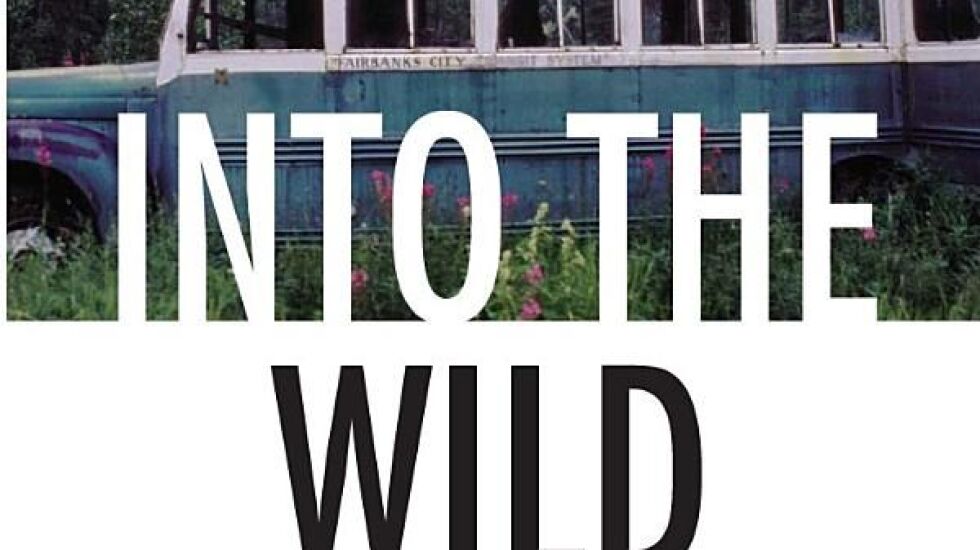
I highly recommend the book, especially if you have a wanderlust or an idealist notion of disappearing into the wilds, something I’m very drawn toward. Plus I loved learning McCandless’ other travels before he disappeared. Note, Krakauer writes sympathetically of McCandless and doesn’t degrade him as a greenhorn fool, rather pointing out two mistakes that probably led to his death.
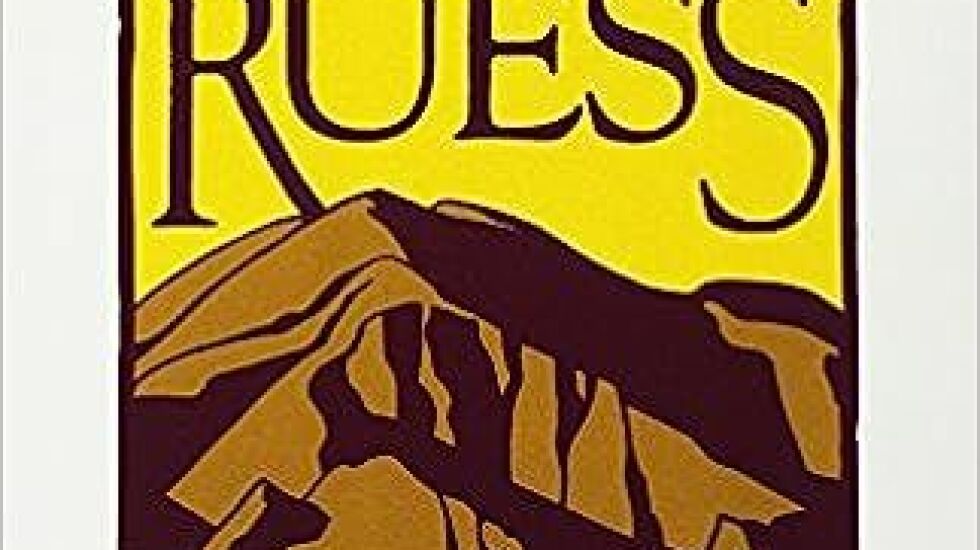
- McCandless shared a lot with Everett Ruess, who disappeared in the southwestern desert in 1934. The idealist Ruess, an artist and a writer, was never found and the cause of his (assumed) death remains unsolved. I told my son that I had a copy of “Everett Ruess: A Vagabond for Beauty.” The hodgepodge book was published in 1983, shortly after I hiked the southern Appalachian Trail. Ruess aided and abetted my youthful nonsense. The thing about youthful nonsense, if you hang on long enough, sometimes you grow old living your dream.
For those who have an artsy bent and idealist notion of getting away, I highly suggest finding a copy.
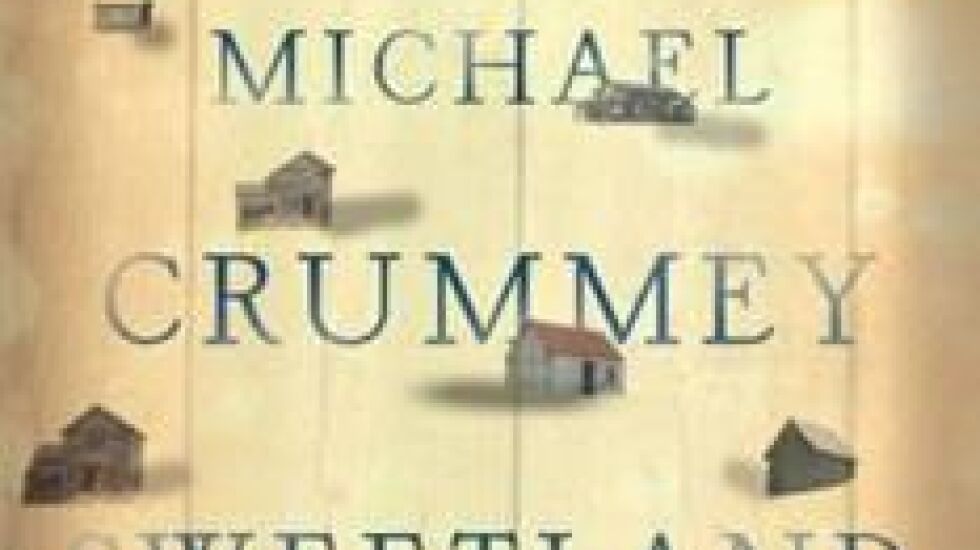
- “Sweetland” is the tale of Moses Sweetland, a crusty idealistic/principled sort, slowly disintegrating on his home grounds of a Newfoundland island. Love is not a fairy tale in this much-awarded novel by Michael Crummey, rather love has consequences, sometimes deadly. It was recommended by Mitch Brown, a pastor and scholar who regularly sends suggestions on reading and on outdoor spots. Brown thought, correctly, that the intersection of the outdoor world and idealism would pull me in.
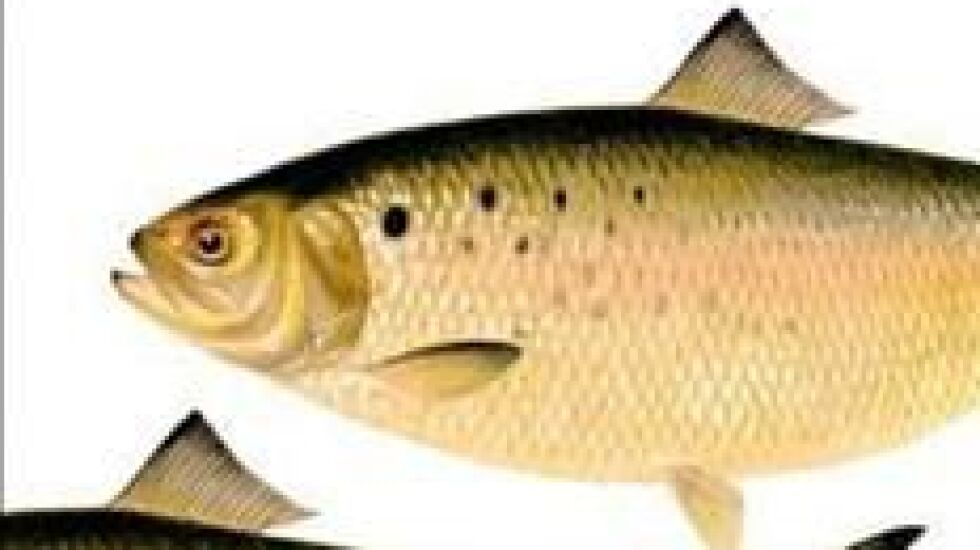
- Dan Bernstein, a midday host on The Score, recommended “The Founding Fish,” by the Pulitzer-winning John McPhee. It’s about American shad, maybe the definitive work. The migratory fish has a key place in the history of North America. I think Bernstein figured it would draw me in since I grew up not far from the Conowingo Dam on the lower Susquehanna River. The dam played a disruptive role to the migrating shad.
“The Founding Fish” is to American shad what “Moby Dick” is to sperm whales, only when McPhee does the minutiae of shad, whether biological or angling, it’s done deftly compared to Herman Melville’s sometimes heavy-handed page after page on the intricacies of whaling. When McPhee talks about the proper use of shad darts, it reads like a how-to article. McPhee is a shad angler and it shows.
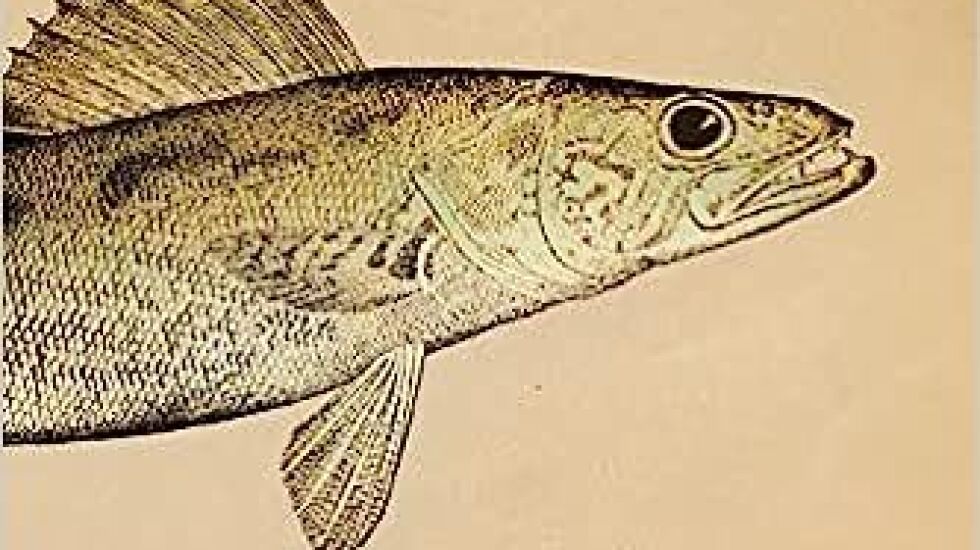
- “Walleye: A Beautiful Fish of the Dark” is Paul J. Radomski’s celebration of walleye. It’s designed to dip into piece by piece with the book divided into “The Fish of Interest,” “Walleye Management” and “Walleye Fisheries.” His three highlighted fisheries are Winnebago, Mille Lacs and Red Lake.
The insight of Radomski—fisheries biologist, lake ecology scientist, fisherman—shows. Even in his asides on the nature and meaning of catch-and-release.
Plus he writes sentences that hold water: “Walleye have no opinion of humans and demand nothing from them. They live to survive and reproduce, so they consume what they need.”
Walleye people need this.
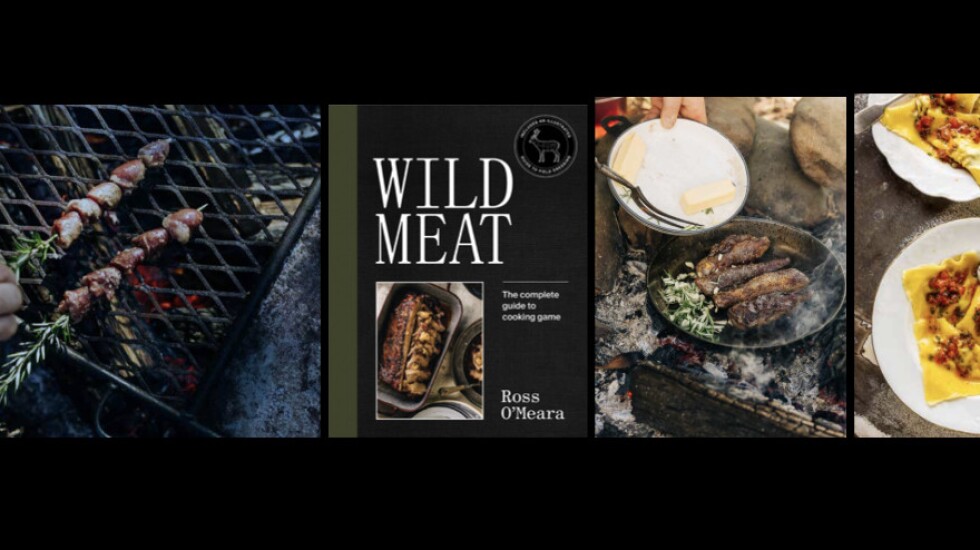
- “Wild Meat: The Complete Guide to Cooking Game,” by Ross O’Meara, is more than a wild game cookbook, though it contains such doozies as “Slow-Roasted Possum Leg with Garlic & Rosemary.”
The “Sausages & Charcuterie” section caught me. I would like to do charcuterie in the tradition sense of cured meats, but haven’t had the guts. Maybe I will since O’Meara walks the reader through the process in detailed enough form that I am gaining confidence.
Foodies will want this. Hunters or outdoor sorts will, too.







